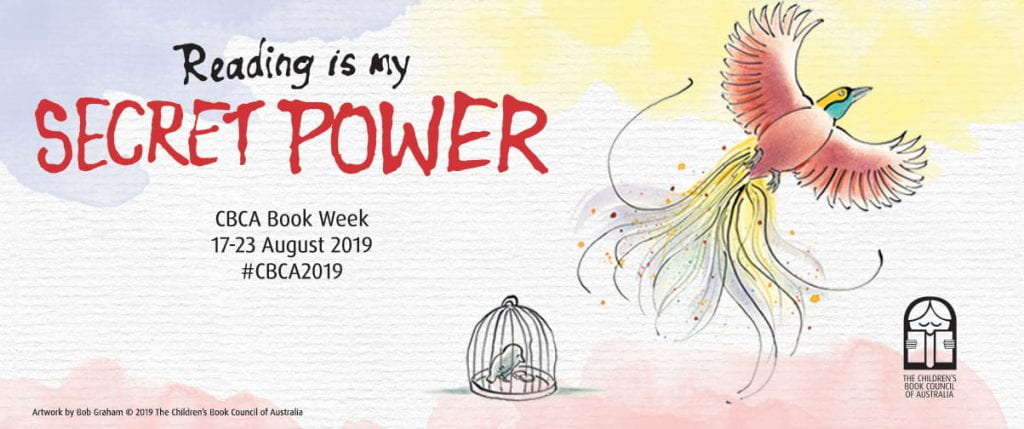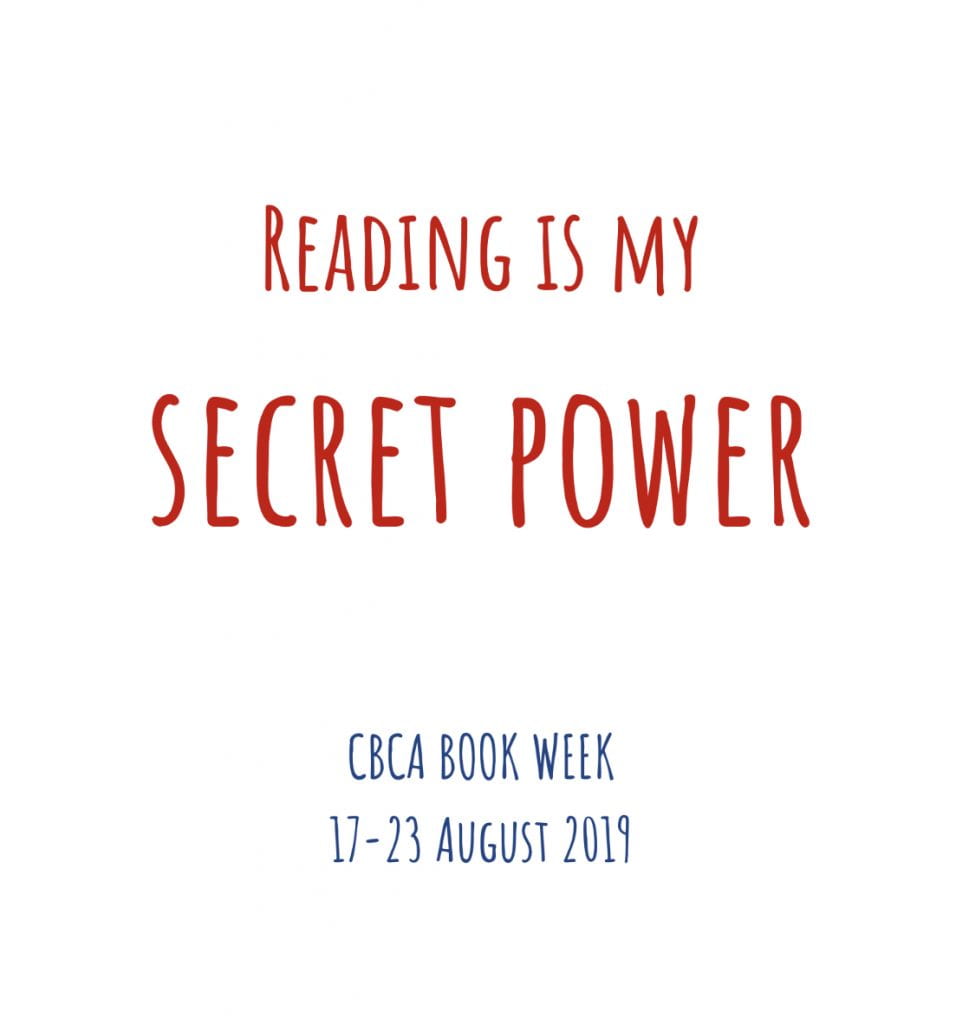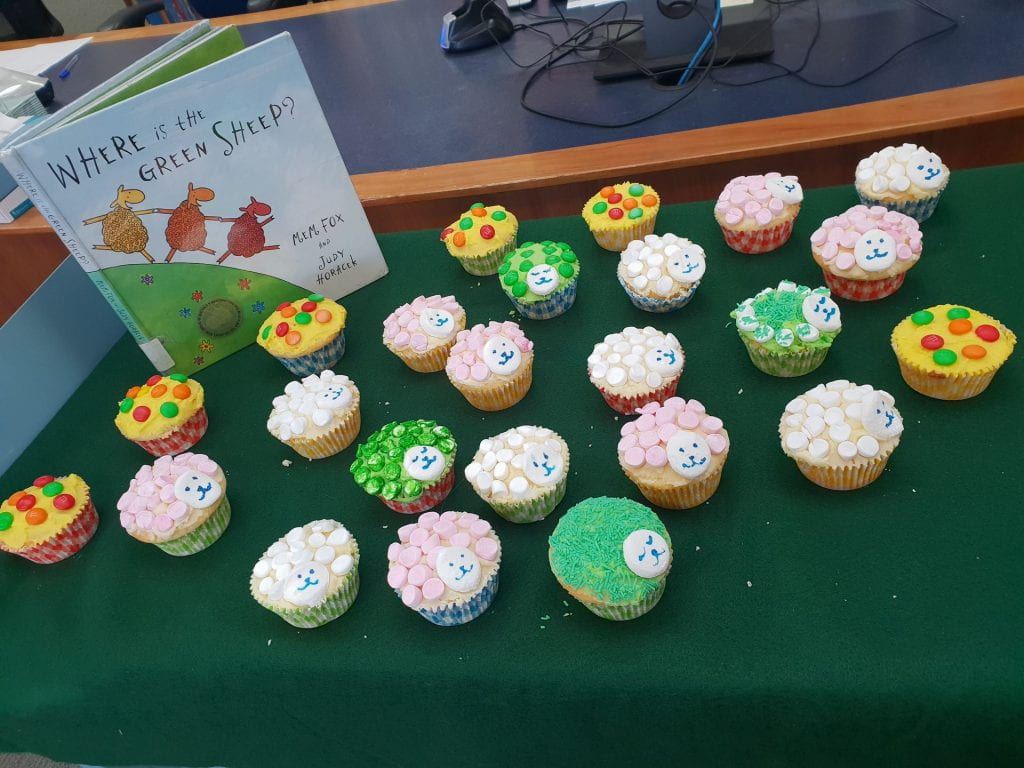Book week.
Two simple words.
Two words that can excite little kid hearts, big teacher hearts and terrify parents who have to organise costumes for their kids’s parades. These are also two words that hold little excitement for those teen hearts.
Why?
Oh please, ask me why?
Never mind I will just tell you.
It may come as no great surprise to you – but teens don’t read…
Well they do not read as much as they used to and they certainly do not read the variety and depth of texts that their parents and grandparents read. To put it mildly, many teens do not read for recreational purposes. A modern teen is overwhelmed by the variety of recreational activities they could choose from including the persistent lure of technology and glitzy apps, which as we all know, hold far more appeal than stodgy texts. For a bibliophile like me and an emerging Teacher librarian, this dilemma has coined a phrase known as ‘reluctant readers’ which means people, both adults and children that do not read for pleasure.
Why does this occur? We are all aware of how important literacy and reading are in primary school. Students have readers that come home weekly and library visits as a class. Parents are constantly bombarded to read to their children by advocates from both the health and educational faculties. Reading is fun! Schools run literacy activities that boost skills as well as point out the pleasure in reading, such as the CBCA book week. Within this week, teachers and other educational providers seek to promote books and the love of reading to children of all ages. It is thrilling to see little children so excited by costumes and parades. Their faces light up when they hold up their favourite book against their outfit with happy eyes and grins to match. Primary schools across the country go through great lengths to set up parades. Teachers get dressed up in elaborate costumes and there is a general feeling of goodwill and happiness to all. But when does this joy with reading decline?
The answer sadly is high school.
The same attitude for recreational reading does not translate into the latter years of schooling. High school students are not encouraged to find pleasure in reading. There are multiple reasons for this decline. Arguably the primary reason is that teenagers are often plagued by compulsory texts that hold little appeal for them. Texts that have endured generations of disengaged students. I know from my own memory of high school two decades ago, and the apathy that quickly follows William Golding’s “Lord of the Flies”. But yet the text’s presence in the curriculum continues. Yes, I agree that it has valuable social commentary. But I am sure that there are more engaging texts exist- “Hunger Games” by Suzanne Collins is plausibly a good replacement for Goldings dry and dismal story. But forcing students to read books that they have no interest in only elicits anger and disgust for the text and its taint spreads to even the activity of reading.
Douglas (2013) prescribes that an ability to read for pleasure as a teen is an indication of an ability to thrive in social environments. He goes on to explain that children that derive intrinsic pleasure and joy from reading are also the ones who end up being life-long learners. This could simply be because those that find that inherent motivation to read are also the ones that have that immanent drive to succeed. Or it could be that those, even when cajoled, bribed and begged to read, with no innate motivation, are guided into the habit of reading, which over time could develop into something that brings great joy’ as Marie Kondo is often quoted. Either way, the importance of reading is no longer just an educational issue but rather a social issue
Douglas (2013) elucidates that the demise of recreational reading in teens is based upon gender, attitude and societal expectations. I can only tell you how many times I have rolled my eyes backwards when I hear parents and occasionally some teachers excuse reluctant readers with the banal phrase ‘boys will be boys’. In some circumstances, my eyes have rolled back so hard they have gotten stuck against the back of my head! But I digress!! This gender based preference for reading is societal in origin rather than biological as Wong (2018) points out, “the brain is a unisex organ”. But first world nations such as Britain, US and UK, the disparity in reading statistics between boys and girls is no longer just a fable, a myth. It is a disturbing statistic that affects half our student body. This inability to read translates to less dexterity in processing words, less sophistication in communication, and a consistent decline in educational outcomes. On the note of societal disparity – in developing countries, the gender gap is primarily based upon unequal access to education.
The other problem lies in that once a student is considered to be a competent reader in upper primary school, the focus changes from ‘learning to read’ to ‘read to learn’. Ill informed parents believe that their children can now read and after years of being forced to read “Where is the green sheep” (by Mem Fox), (#mylife!), they dance their way from having to read to their children. I must include myself with this charge. I too stopped reading to my eldest once she could read and have had only re-started after seeing the research. my Netflix time can wait a little longer.
As educators and as teacher librarians, we need to make reading FUN for our high school students. We need to remind them of when a book character could make you laugh, cry and fall in love. We need to show them how reading books is not just about school work and assignments, but rather reading can be the quickest escape from it all.
I am going all out for book week this year. I am going to make a complete idjit of myself and show my students that reading is FUN! That reading books you are interested in brings great joy! Most of all, I am going to show my colleagues that recreational reading is still important for teenagers. And I am going to show them that whilst looking FABULOUS!
Douglas, J. (2013) The importance of instilling a need to read. The Telegraph UK. Retrieved from https://www.telegraph.co.uk/education/educationopinion/10035473/The-importance-of-instilling-a-need-to-read.html
Wong, A. (2018) Boys don’t read enough. The Atlantic- Education. Retrieved from https://www.theatlantic.com/education/archive/2018/09/why-girls-are-better-reading-boys/571429/






